The Importance of Superheroes in Modern Cinema
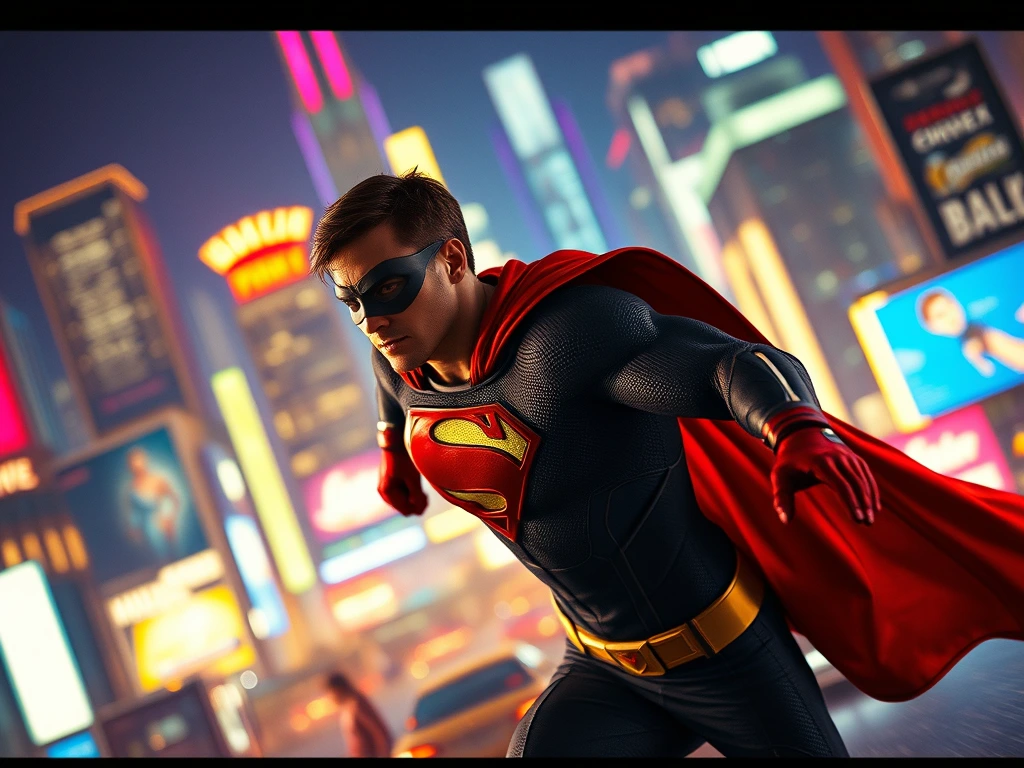
So… Let’s talk about the elephant in the… Cinema?
Superheroes.
They’re everywhere, and it seems we can’t escape them. That said, some people prefer to escape WITH them.
Superheroes can represent an array of emotions and aspects of life. The list is endless. They allow for escapism and relaxation.
Let’s discuss why we NEED superheroes in cinema.
Escapism As a Whole

Oxford defines escapism as “the tendency to seek distraction and relief from unpleasant realities, especially by seeking entertainment or engaging in fantasy.”
Okay, that’s a long explanation. Escapism is when we don’t want to deal with real life anymore. We want to pretend we have magical powers instead.
The current young generations (Gen-Y, Z, and Alpha) are all glued to their screens and live online. While this may seem fun at first, it encourages stress, depression, and anxiety. All we see online is how the world is falling apart.
So what do we do? Turn to fiction to escape the scary real world. There’s been a rise in the public searching for ways to get away from their stressful lives. People are trying their best to become mentally and emotionally stable. Escapism can be healthy, but anything in excess is problematic.
Loving superhero films is a lot better than drugs and alcohol, right?
The filmmakers have realised this. The powerful company Disney has taken over the film industry. They pump out superhero films left, right, and centre. It’s working, as they’re catering towards this need for escapism. The public latches onto this content to feed their needs to leave this wretched world behind.
Pre-2000s
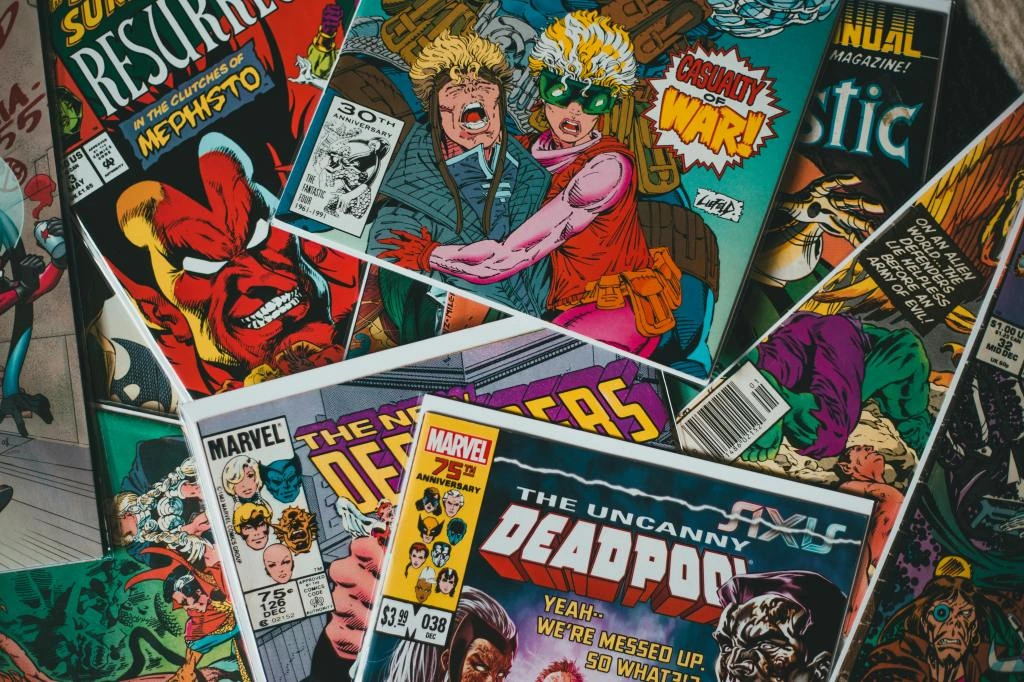
There were countless iterations of superheroes pre-2000s (when they hit big). We saw all the original Superman films, Batman, Fantastic Four, and so much more.
Filmmakers discovered they could cater to a wider audience, appealing to comic readers. Fans became addicted to this content.
Smallville’s Cultural Impact

Ah, Smallville. A fan-favourite and many people’s childhood show. It’s my all-time top TV series. When we think about it, Smallville came out at just the right time.
The pilot released a mere month after 9/11. Tom Welling, the actor for Clark Kent, commented in the podcast Talkville about this. They had to shoot scenes from season 1 on the cursed day. During all this pain and suffering, their jobs had to continue.
That made for a positive outcome, though. The event traumatised people around the world, and now they had something else to focus on. A super man who can save them from their perils.
Batman, and Ironman, Bring Us Back
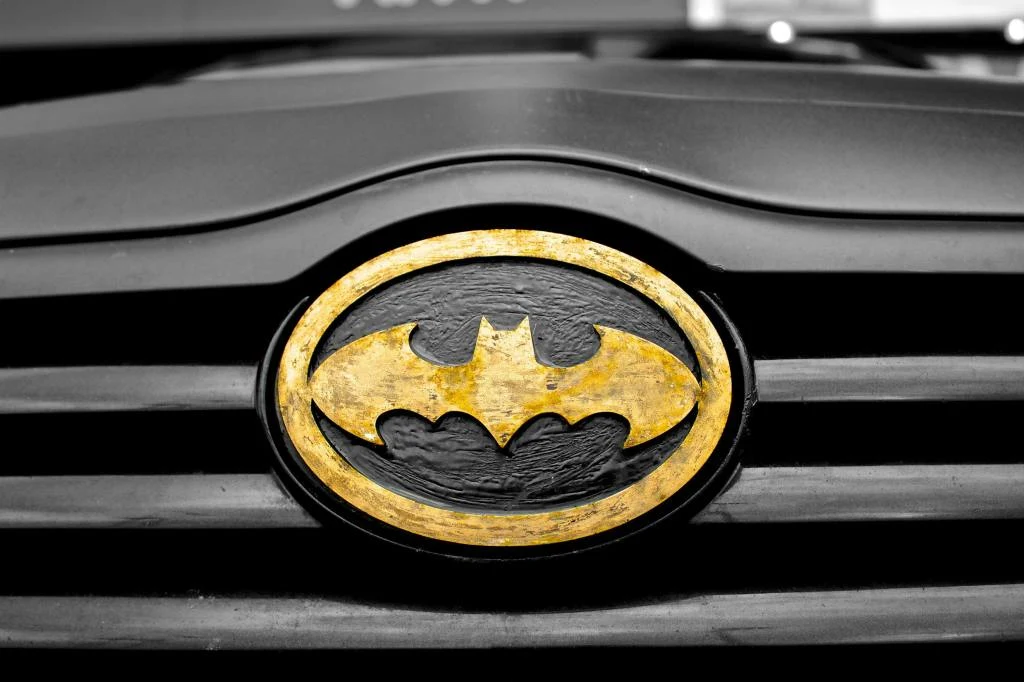
The Dark Knight was another well-timed release in 2008. The public suffered the economic crash. Now in cinemas, a billionaire playboy was masquerading as a caped crusader who took down the bad guys.
People could live vicariously through this superhero, distracting them from their strenuous lives. This pivotal point is where the superhero genre exploded. In the same year, the MCU began with the first Ironman film.
Yet another billionaire playboy depicting a magical life where he can defeat his enemies – with money and technology.
The Start of the MCU

The now-controversial MCU kicked off with Ironman dropping in 2008. Fans saw the release and were hungry for more content.
Marvel pumped out film after film, rapidly creating a universe for their characters. We were hooked. Fans mapped out the entire timeline, obsessed over heroes, and compared to the comics.
The start of the MCU was truly a magical time.
The Downfall of Superhero Films – Post Infinity Saga
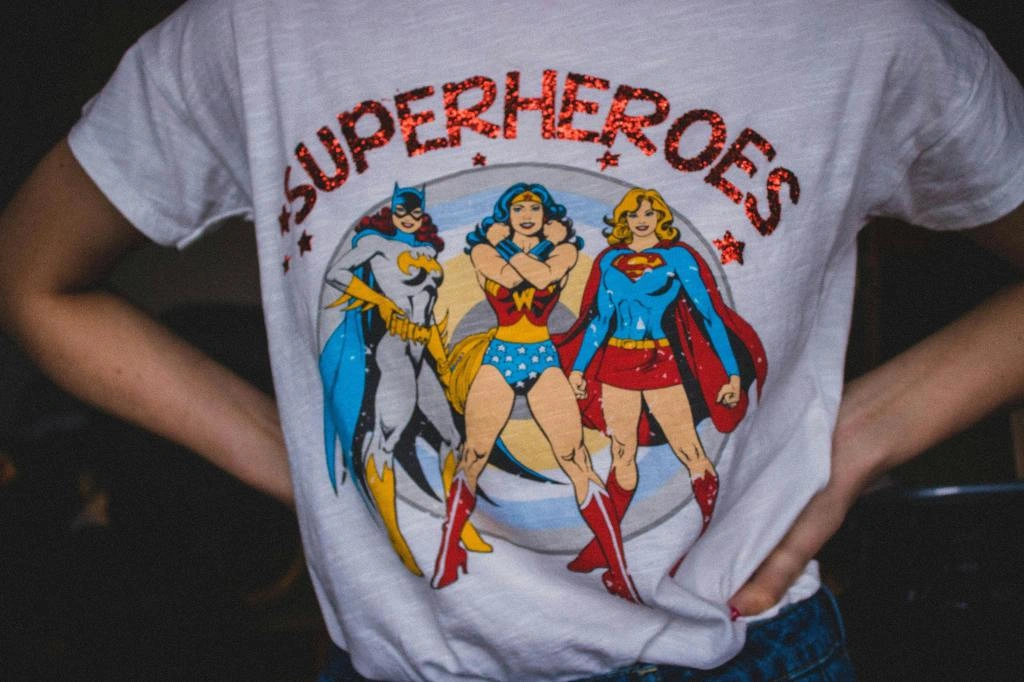
After the end of Avengers: Endgame, the MCU was lost. They had just fought off the biggest villain thus far. Most of the original Avengers team had died or retired. Where could they go from here?
Disney pumped out as many films as possible post-Endgame, to keep the momentum. They saw how well the Infinity Saga did, and they wanted that back. They failed to realise that greatness can’t often be replaced.
We saw failure films like Black Widow, Eternals, and Antman and the Wasp: Quantamania. Some add Doctor Strange: Multiverse of Madness to that list, but I personally enjoyed it.
I think we shouldn’t even mention She-Hulk. That was… A time.
Marvel was so focused on quantity, they neglected quality.
R-Rated Films Bring Back the Genre
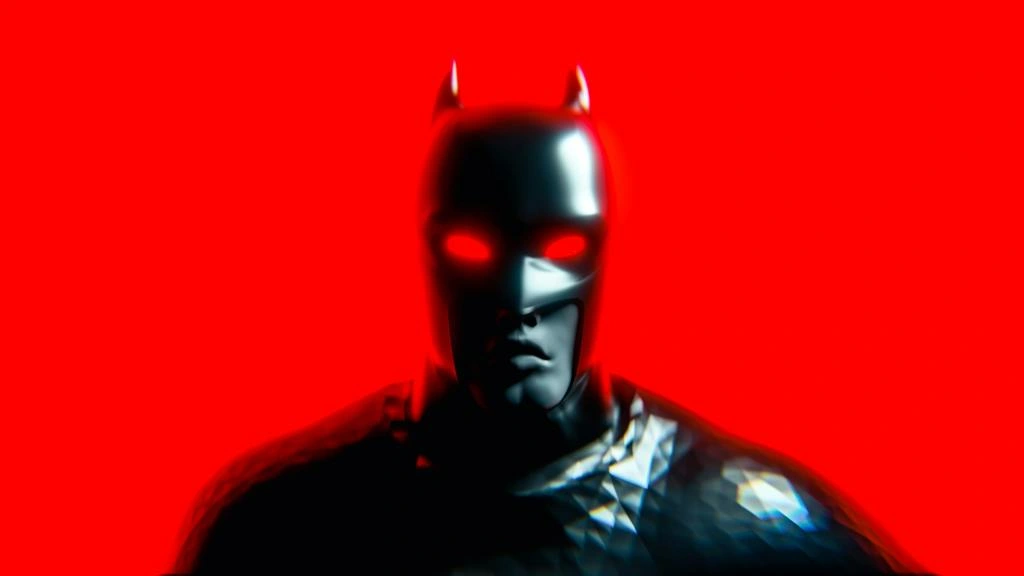
Marvel dipped their toes into borderline R-rated with Multiverse of Madness. They further went down the rabbit hole with the Spotlight series Echo.
DC experimented with The Batman. And finally, Marvel jumped into the deep end with Deadpool and Wolverine.
The writers finally got to make fun of themselves and point out their failures. They got to be laid back, exciting, and without PC culture interfering.
Films seemed fun again.
In the Wake of Deadpool and Wolverine
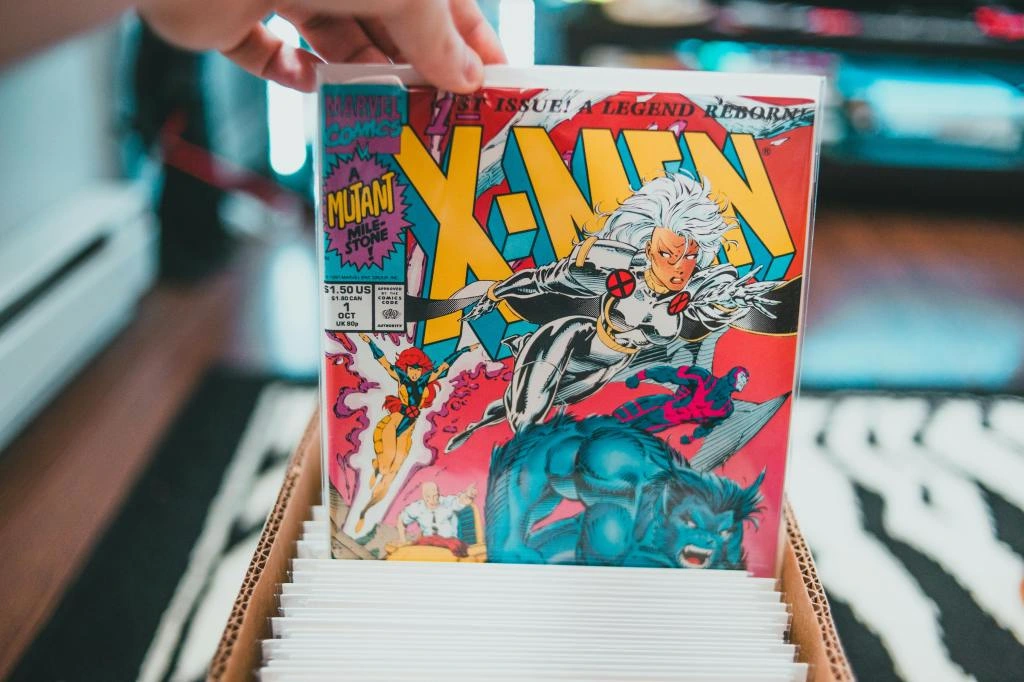
Now that they’ve raised the bar… What next?
There’s a massive list of upcoming movies, further expanding the multiverse. We at least know that there will be an end to the multiverse saga in the next few years.
I, and others, fear the success of Deadpool and Wolverine will cloud Disney’s judgment. They may jump the gun, but hopefully not. They’ve stated that they’re going to focus on quality rather than quantity (thank goodness!).
So… What Do We Think?
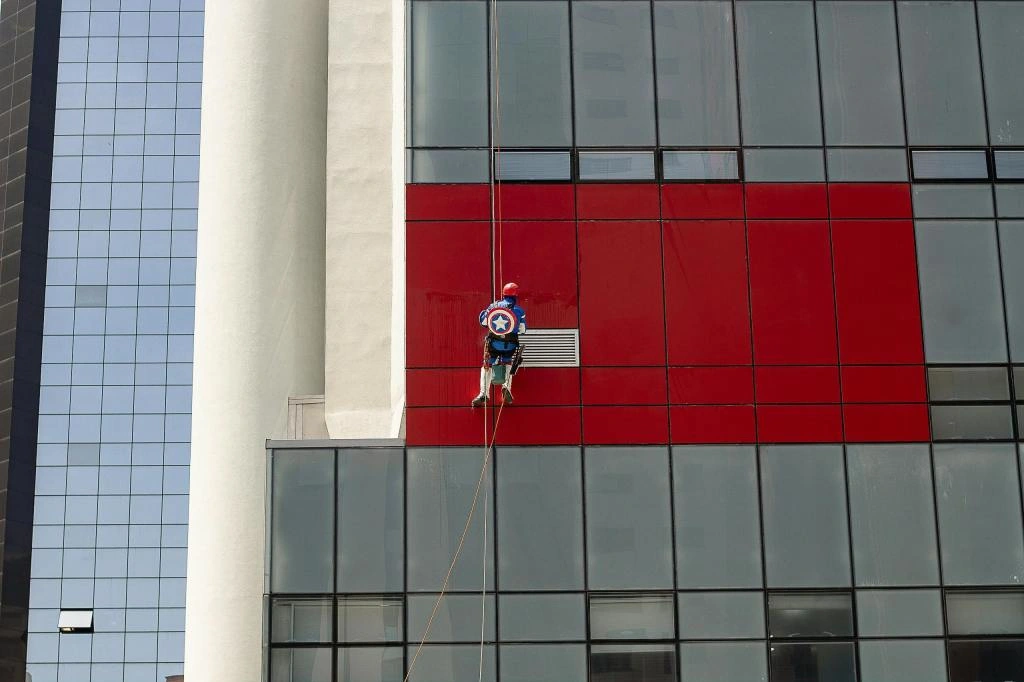
In the end, I view that superheroes are crucial in cinema. They have been around for decades upon decades and will stay forever.
People need something, someone, to look up to. To count on when life gets tough. They want to enjoy a fun superhero film that distracts them from their daily struggles. Filmmakers just need to grasp that and concentrate on good content.
Loading…
Like this project
Posted Nov 1, 2024
Superheroes are integral to modern cinema, providing escapism for audiences amid real-life stressors.
Likes
0
Views
10




